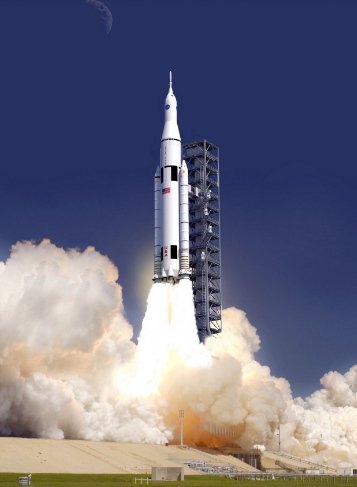China Close to Developing Space Station
This past week, China reportedly successfully docked its Shenzhou-11 rocket onto its TianGong-2 space laboratory. This development pushes the country ever closer to developing its own fully functioning space station, the likes of which only the International Space Station (ISS) has seen before. This rivalry has been fueled by the fact that China is barred from activities on the ISS, where all other countries engaged in space operations cooperate and engage. This is the result of a refusal on the part of the U.S. Congress to cooperate with China’s space program for fears of information theft. As such, the Chinese government set out to establish its own space program to rival and surpass that of the NASA-led ISS.

Such trajectories for China’s space program have led to some concern. As the ISS is set to retire in the mid 2020s, TianGong-2 may be the world’s only orbital station for some time, prompting fears of a reignited space race as China and other nations rush to establish research operations on the moon, Mars or elsewhere.
As it stands, however, the U.S. government’s spending on space programs exceeds that of China by nearly a factor of two. Any radical changes in alignment between the two countries’ space capabilities, therefore, seems unlikely without further alterations of policy.
